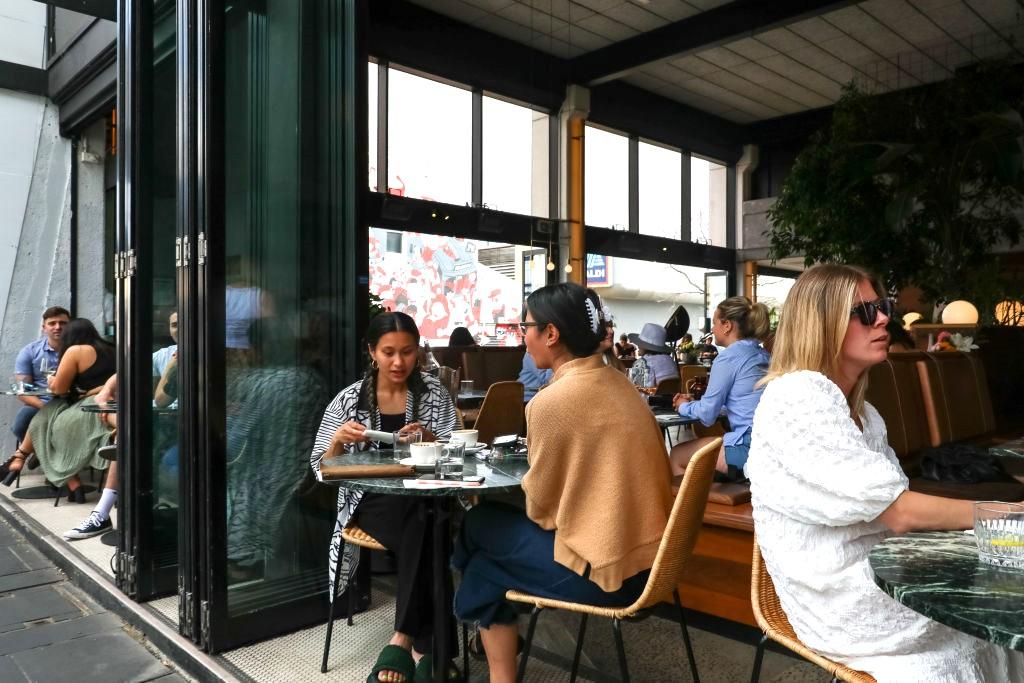Australia’s peak retail body, the Australian Retail Association, says an increase in WorkCover premiums is the last thing businesses need amid rising inflation and a crime wave targeting small businesses.
On May 19, the Victorian Labor government announced a 42 percent increase to the Workcover premium paid by the state’s businesses into joint funds used to cover employee injuries and insurance claims.





